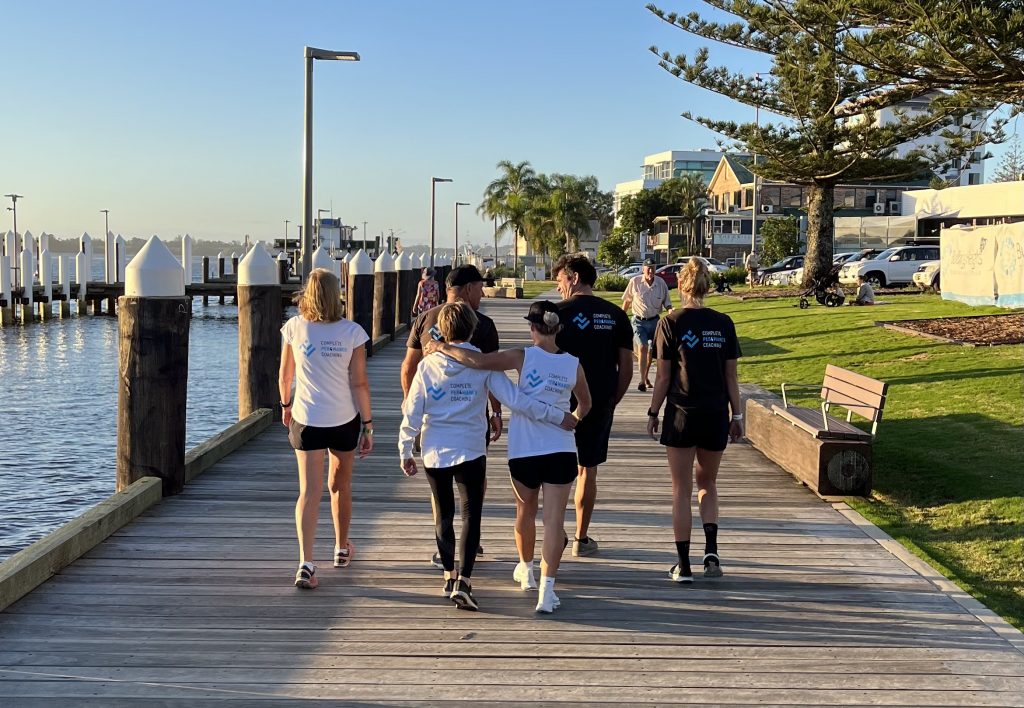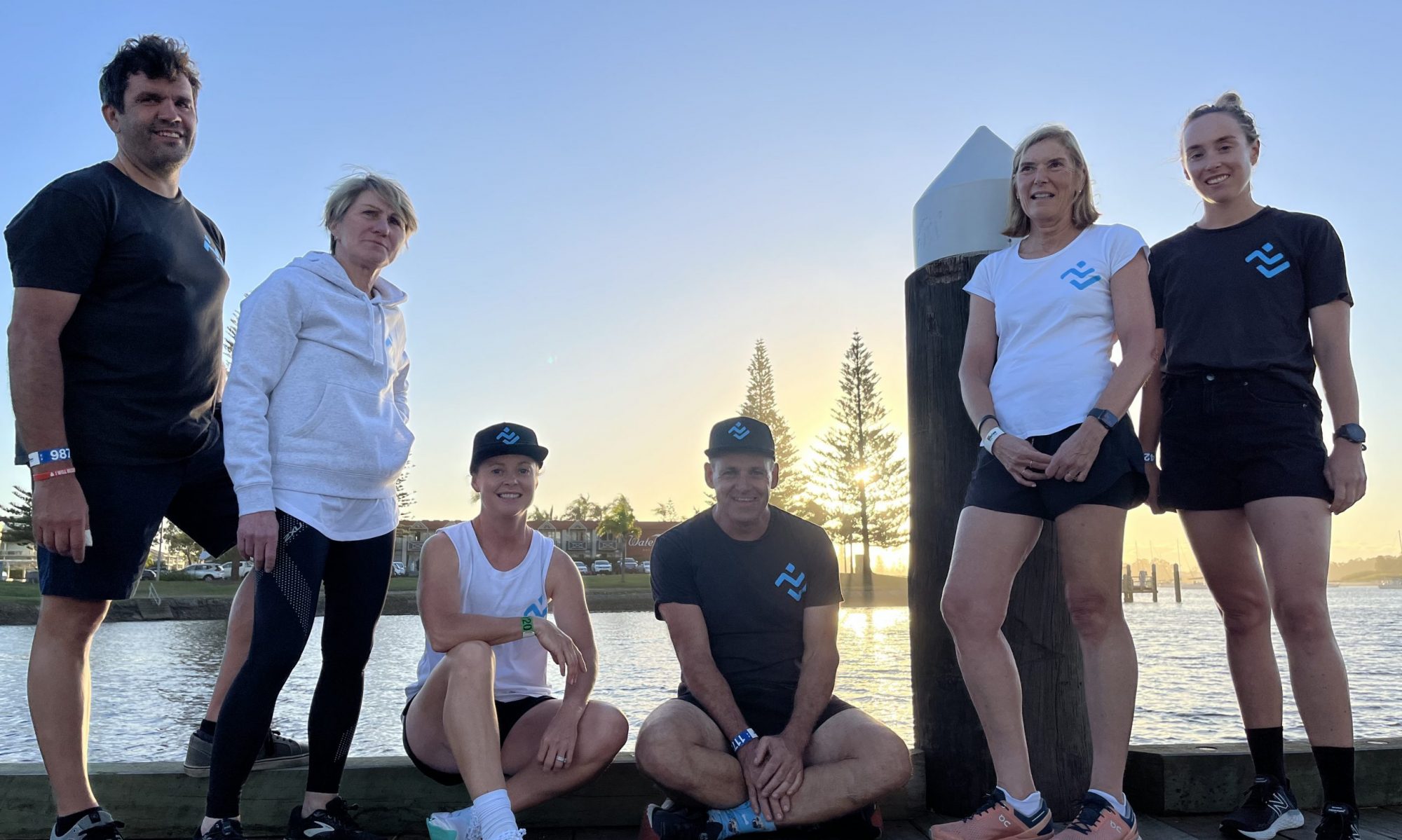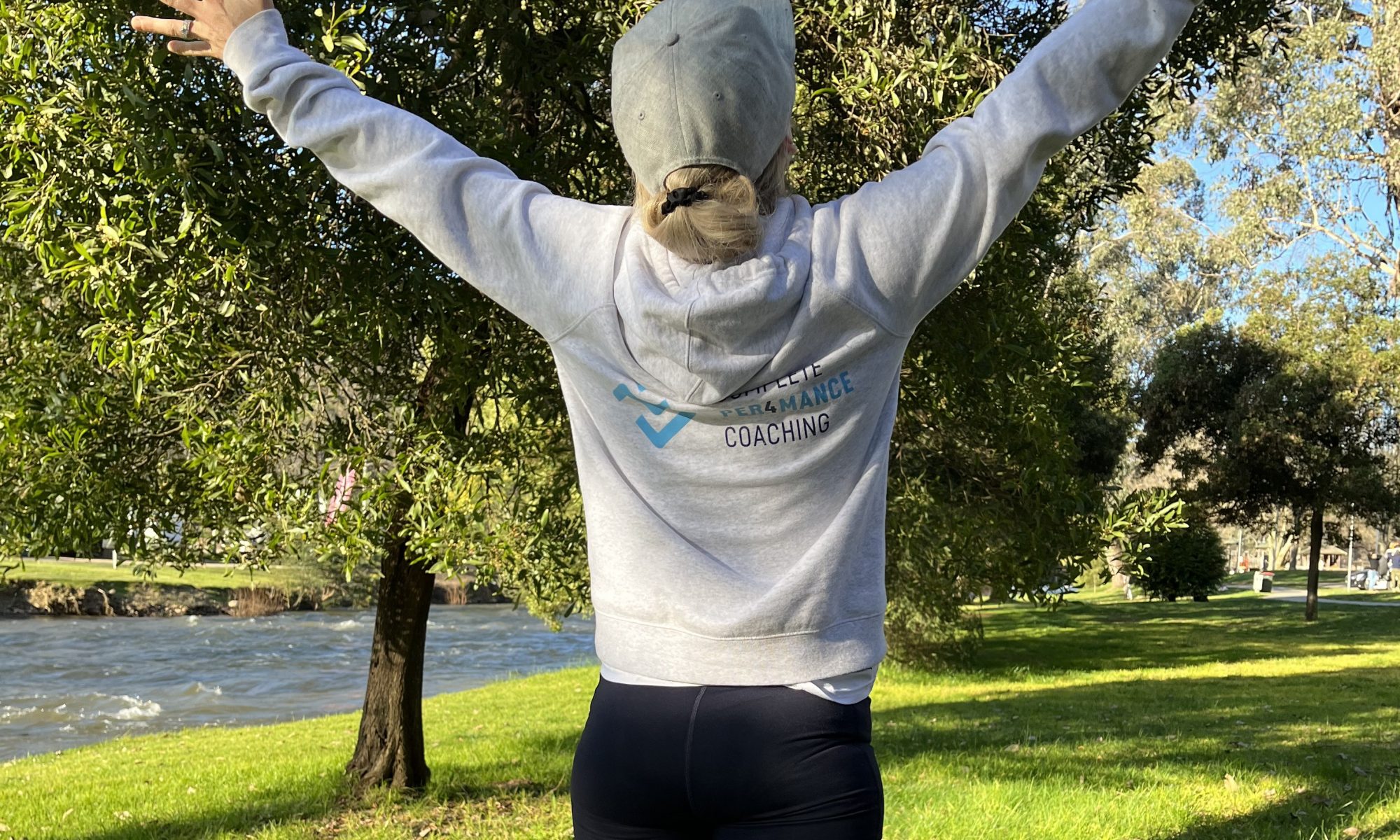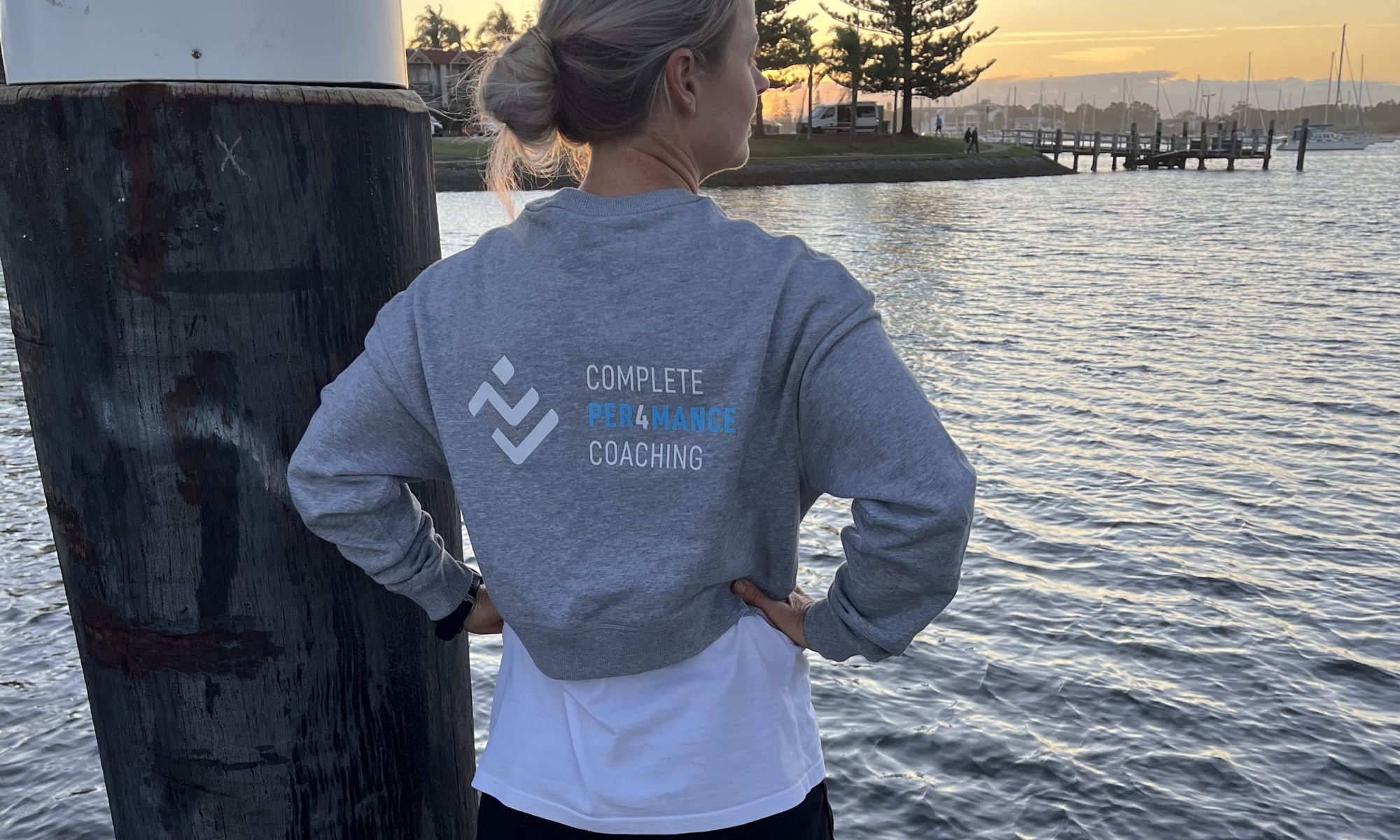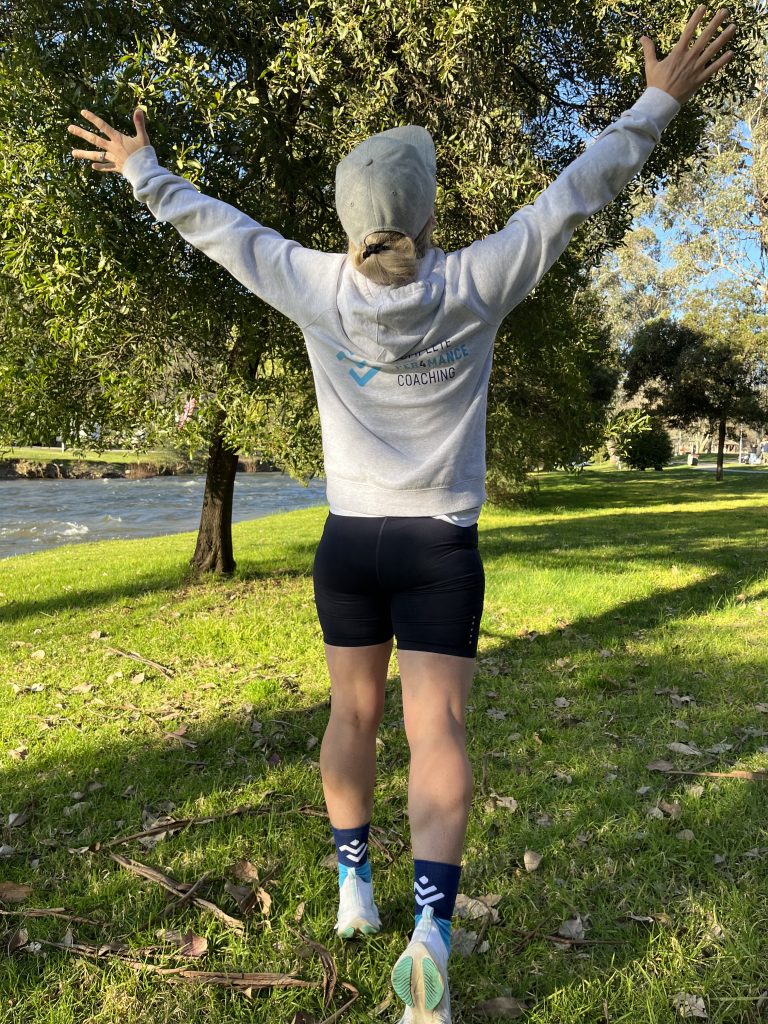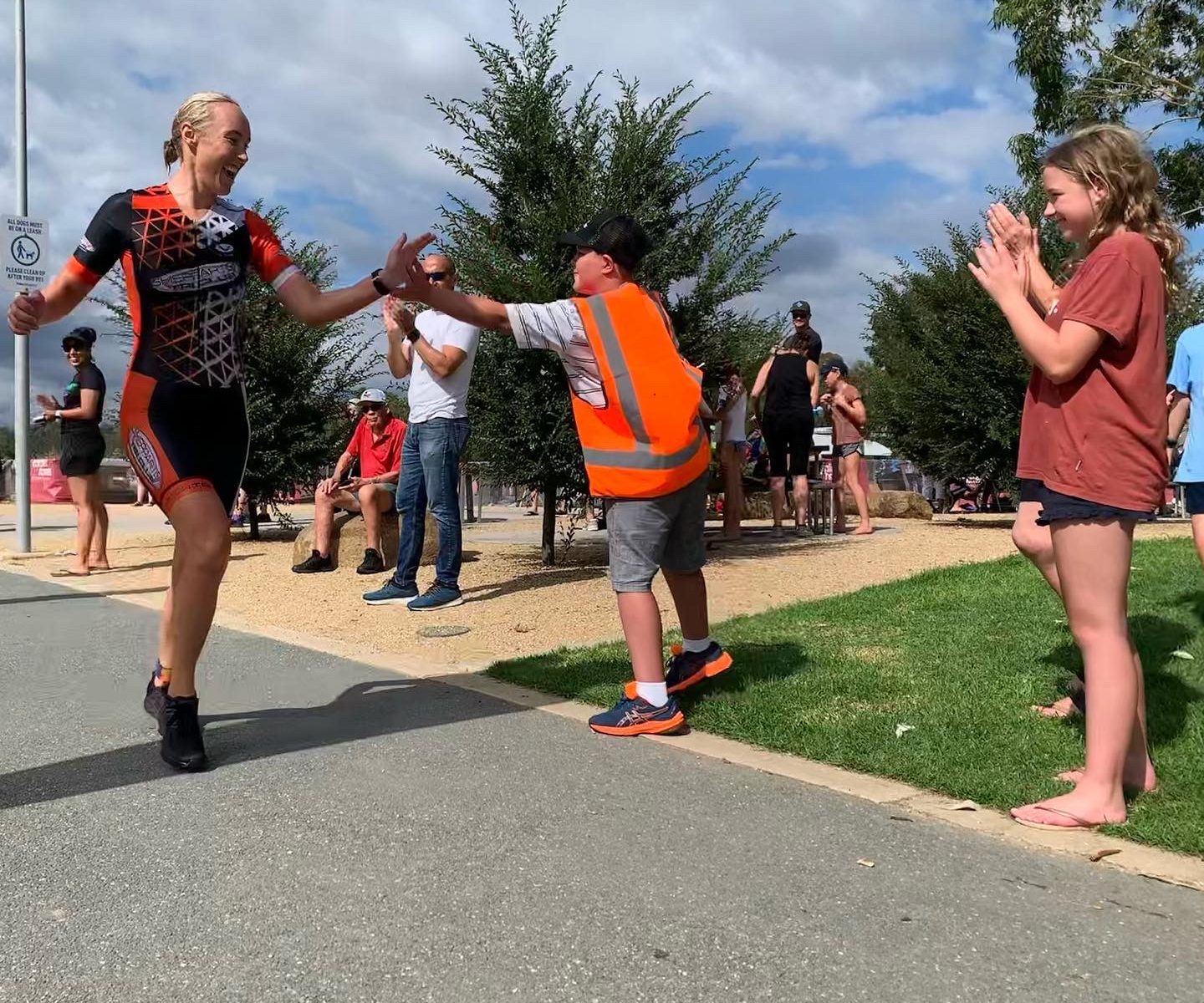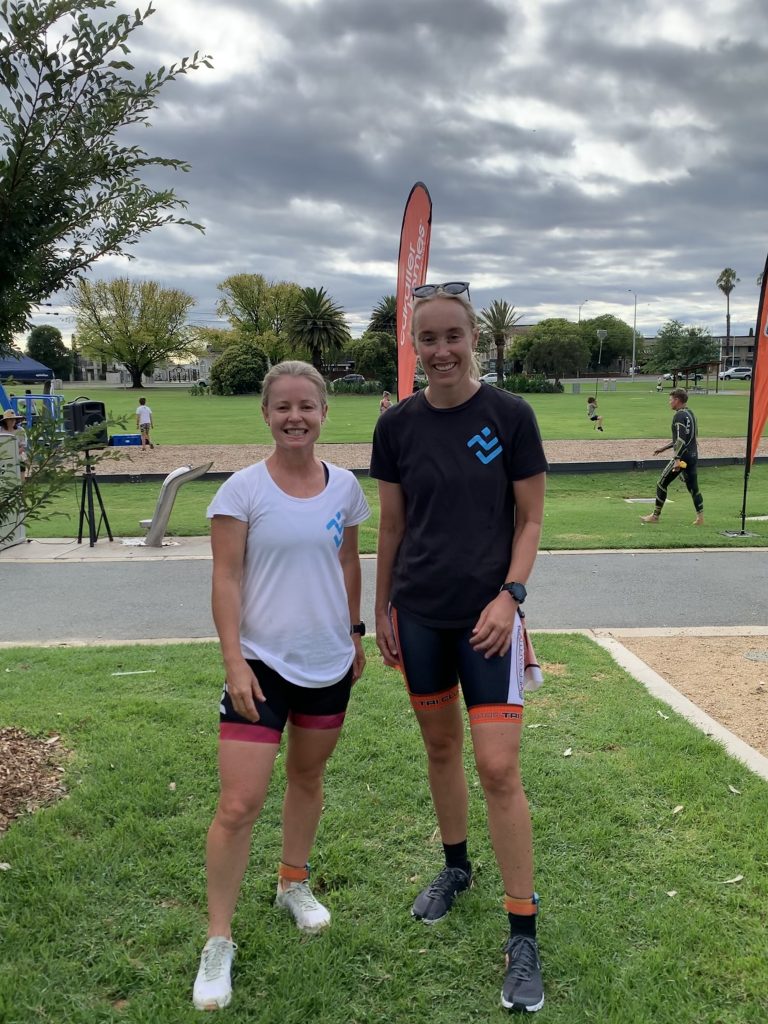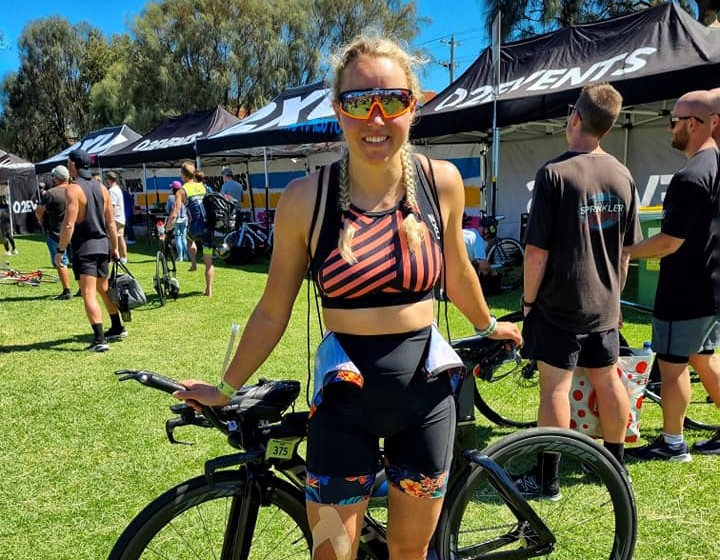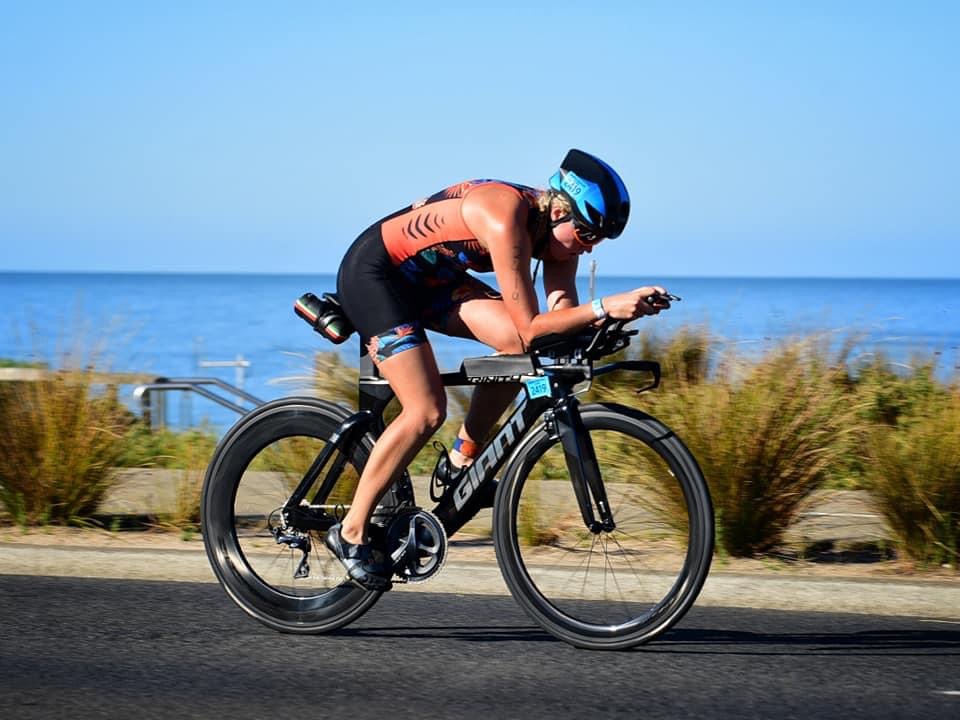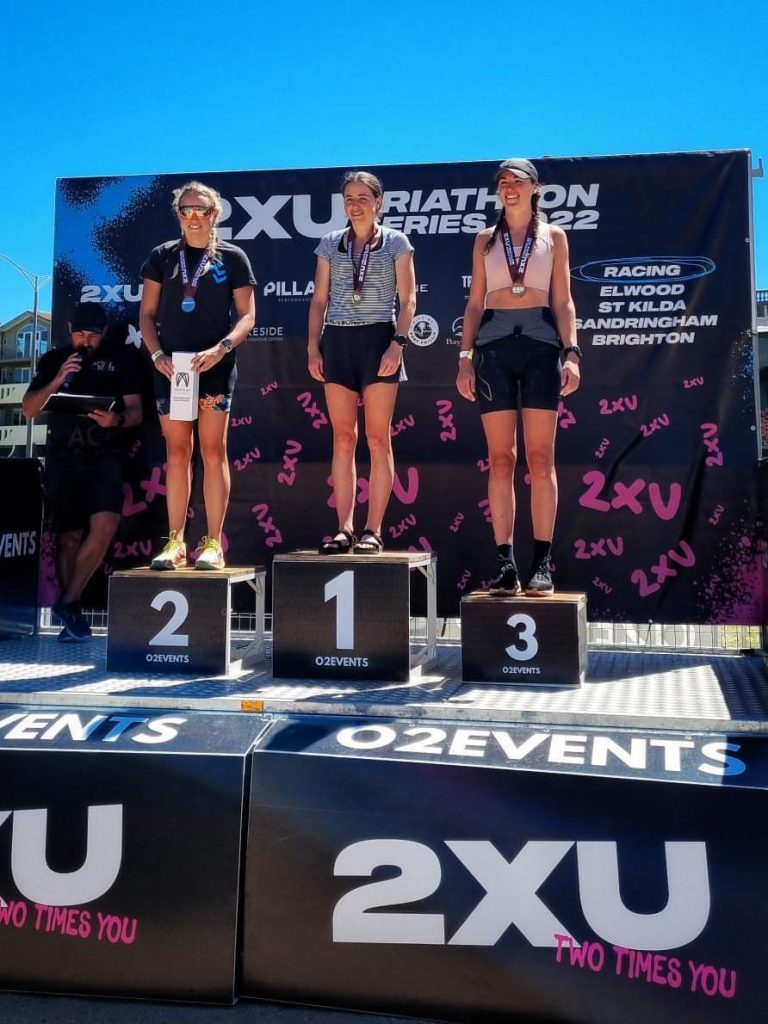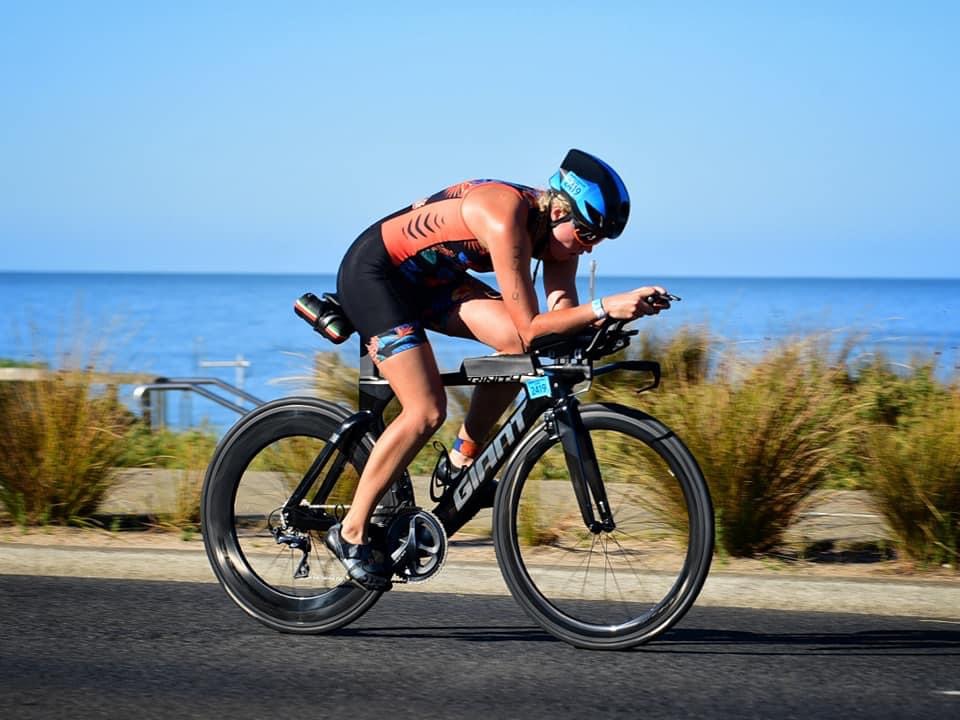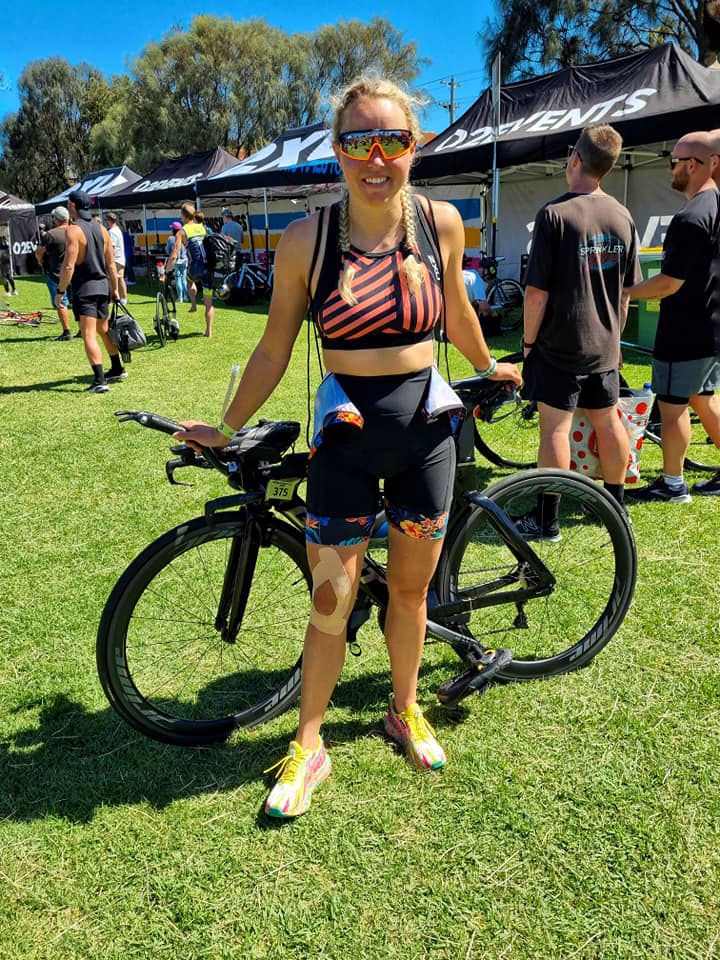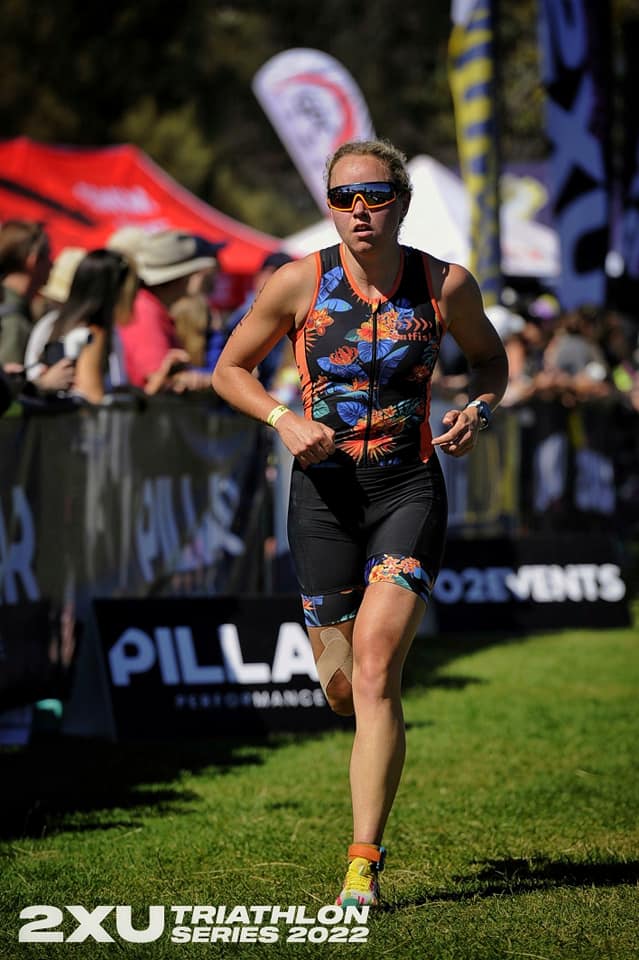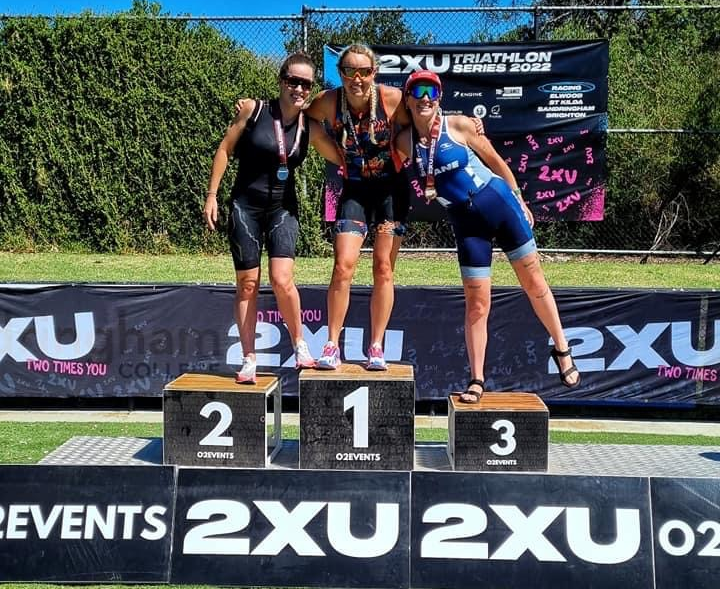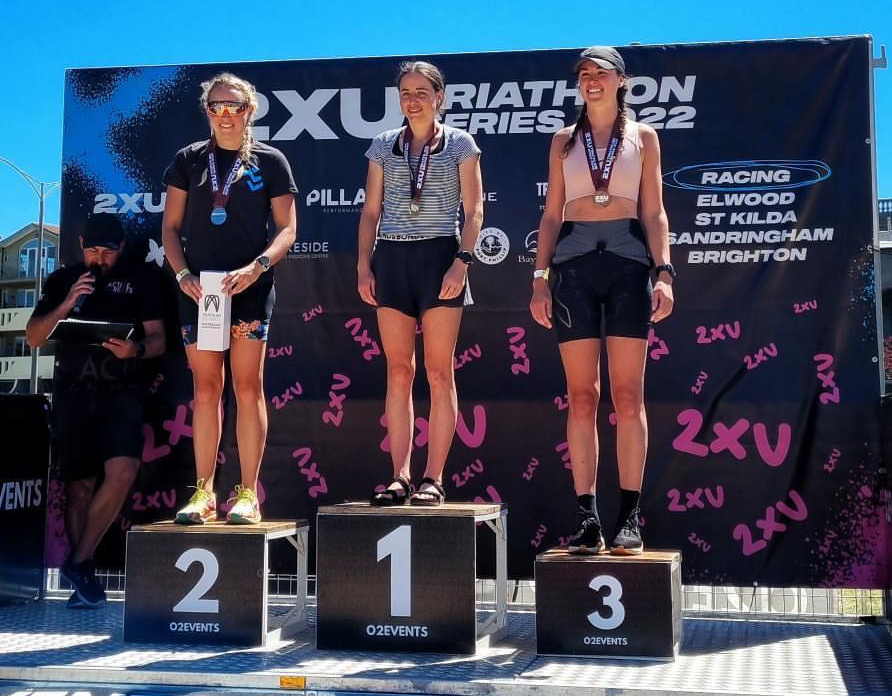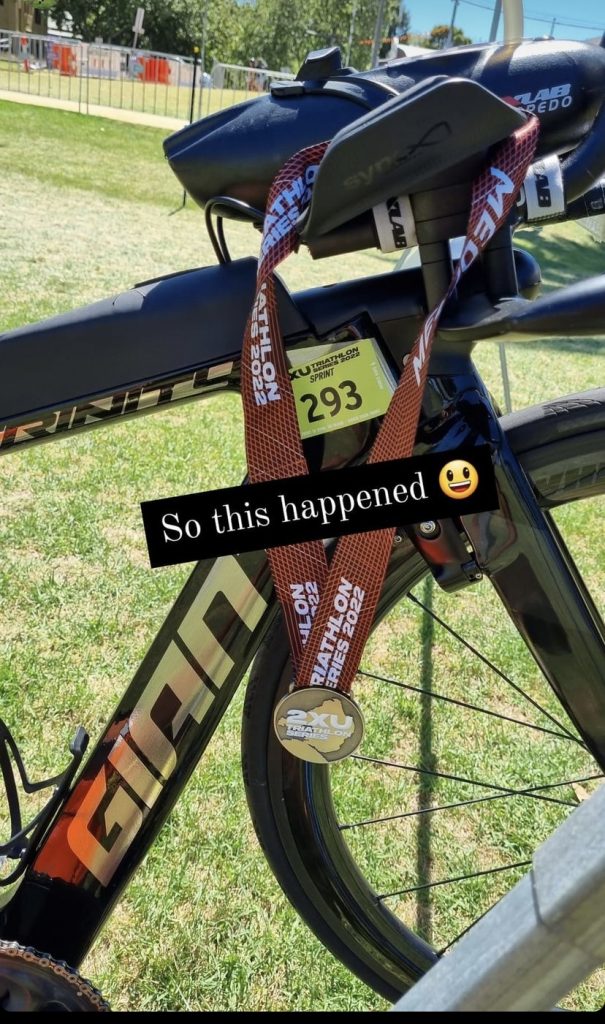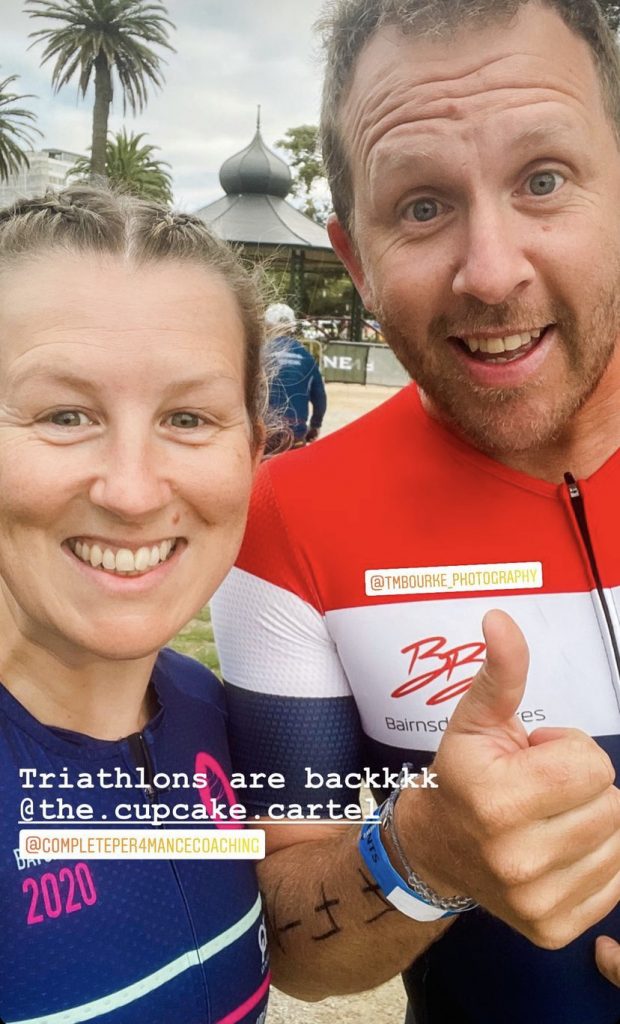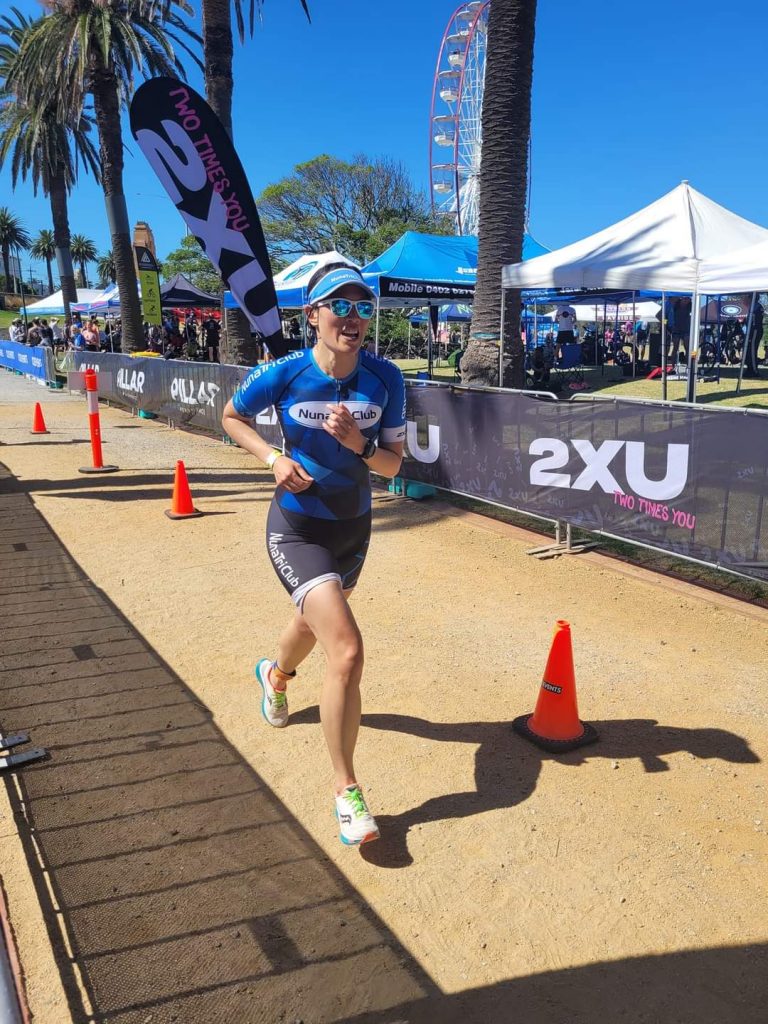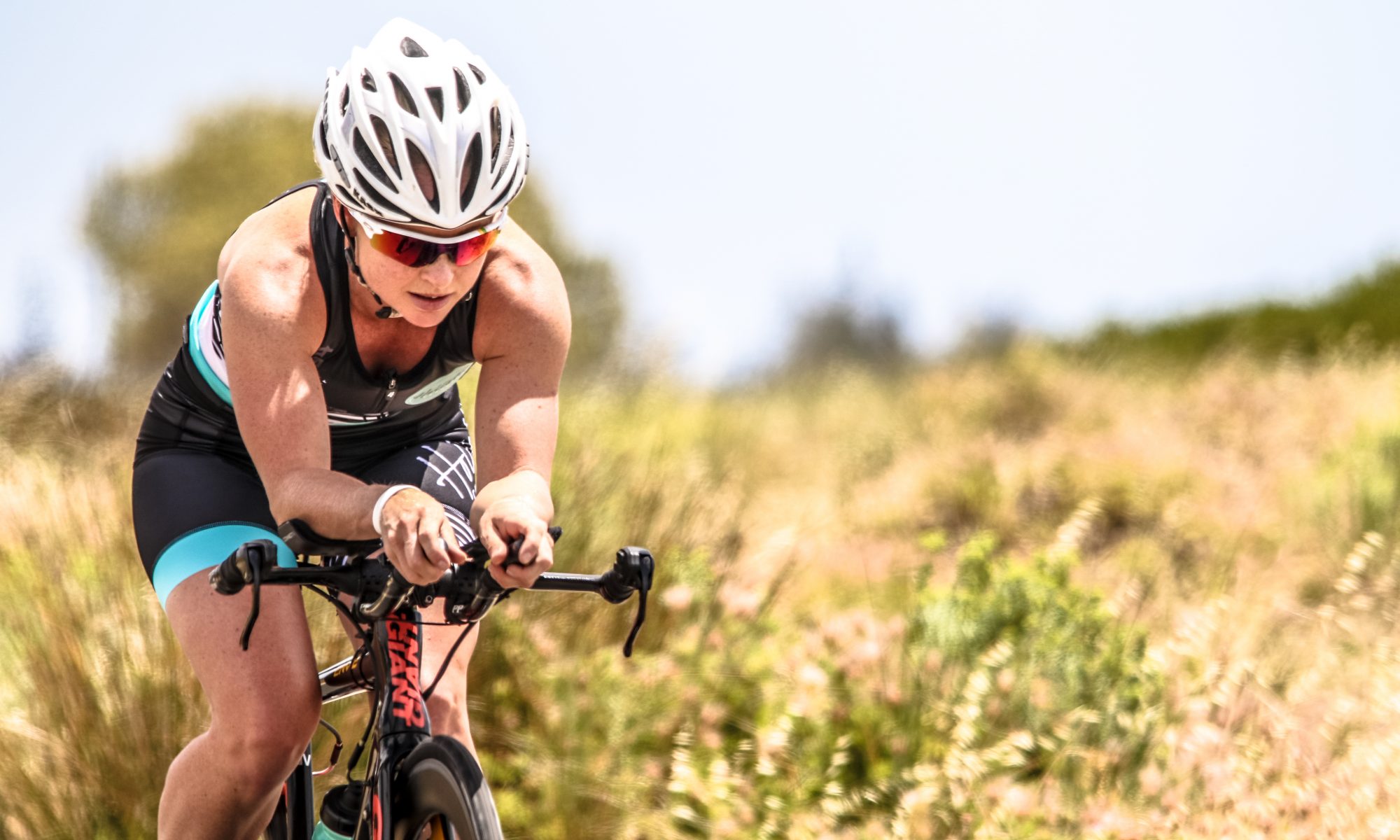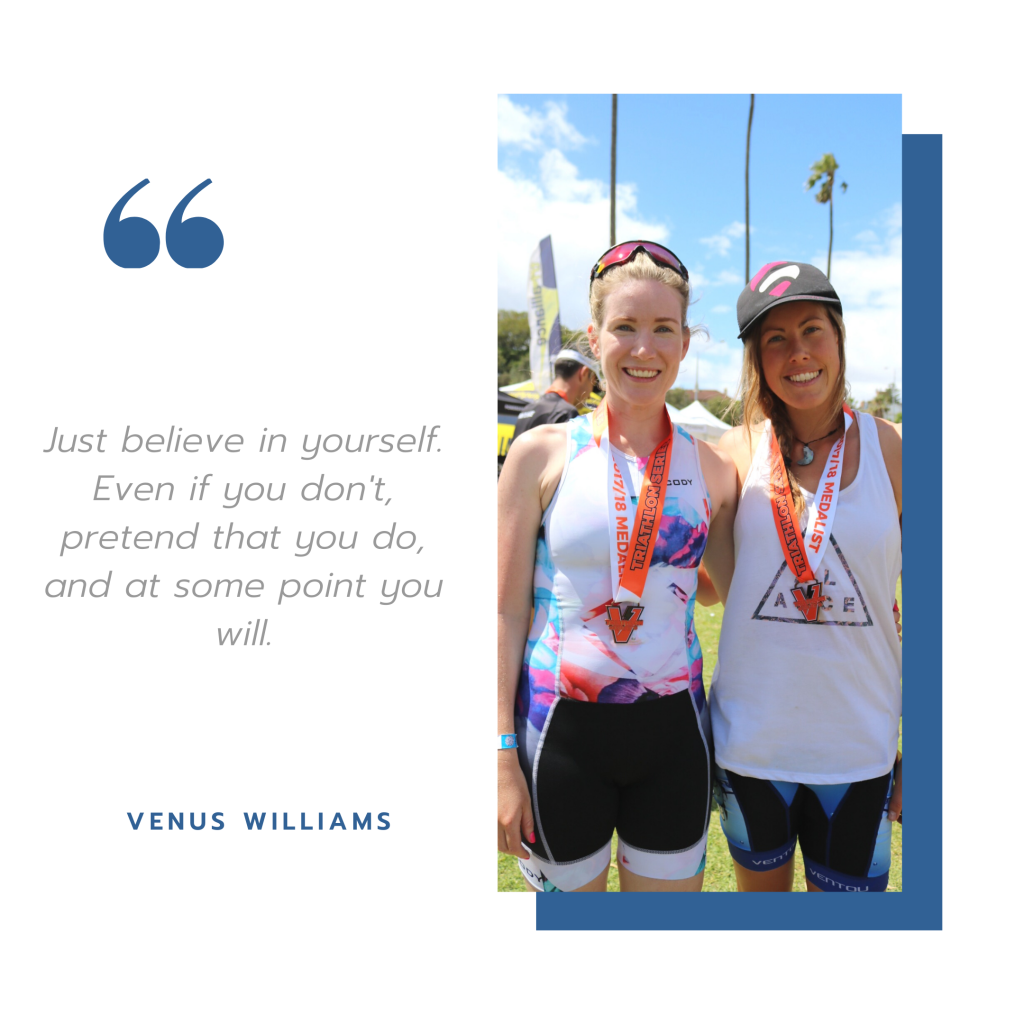This time of the year for many athletes is the perfect time for reviewing your past season, setting new goals, but most importantly defining what success is to you. Then building a framework to measure your success. In sport (well in life really!) the performance journey goes well beyond simple concepts of becoming faster, stronger, finishing or winning… Results are important. However, a broader perspective provides a healthier and more productive framework to measure success over the long term. And that’s where an athletes WHY comes into it….
Most athletes start their goal setting process with a goal. It makes sense right? ! Set a goal, and lay out the stepping stones to help you achieve that goal….
But what if I got you to look at goals from a different perspective? What if I said, without a WHY your GOAL won’t be able to determine your success? What if I got you to first determine your WHY before you set your GOAL and in return then determine your SUCCESS? How do you think this would differ?
Here’s an example. An athlete set a goal of breaking 5hrs in their next Half Ironman. They loved the idea of going ‘sub 5’! Their previous best was 5:30hrs. They laid out the steps they thought they needed to get there, they trained hard, their family / training / life balance was a bit out of whack, they were managing a little niggle, but they had a goal so stuck to the plan….. Come race day they finished in 5:10hrs. 10min off their goal time. What feelings do you think they had? Disappointed in their result? Because they didn’t hit their goal time…. DESPITE still hitting a 20min PB!
But what if that same athlete was asked the question – what is your WHY ? Why do you want to do a sub 5hr? Why do you train hard, and push yourself and why do you race? After some thought, the athlete wrote down a few things such as: to inspire my children to work hard, to not give up on a goal, to be a better version of myself at work and at home for my family. Their WHY was far more than simply hitting a 5hr time barrier. This doesn’t mean they couldn’t aim for both. Of course they could. But their WHY is what is deep, it gives purpose and means much more than a time on a clock…… That WHY is what should also help drive you – not the goal itself…. Read on >>
A WHY is a statement of purpose that describes why you do what you do and why you live the lifestyle you do.
A GOAL is the object of ones ambition or effort; an aim or a desired result.
SUCCESS is the accomplishment of an aim or purpose.
Success cannot thrive without a goal (aim) and a goal cannot thrive without a why (purpose). So when setting a goal, to determine your success of achieving your goal, you want to know the WHY behind it.
Why do you want to achieve X?
Why do you push your body to train every day?
Why do you do triathlon / cycling / running?
“Your WHY is what will set you apart. It will help inspire you to take action. It will also drive you in your training and your racing.”
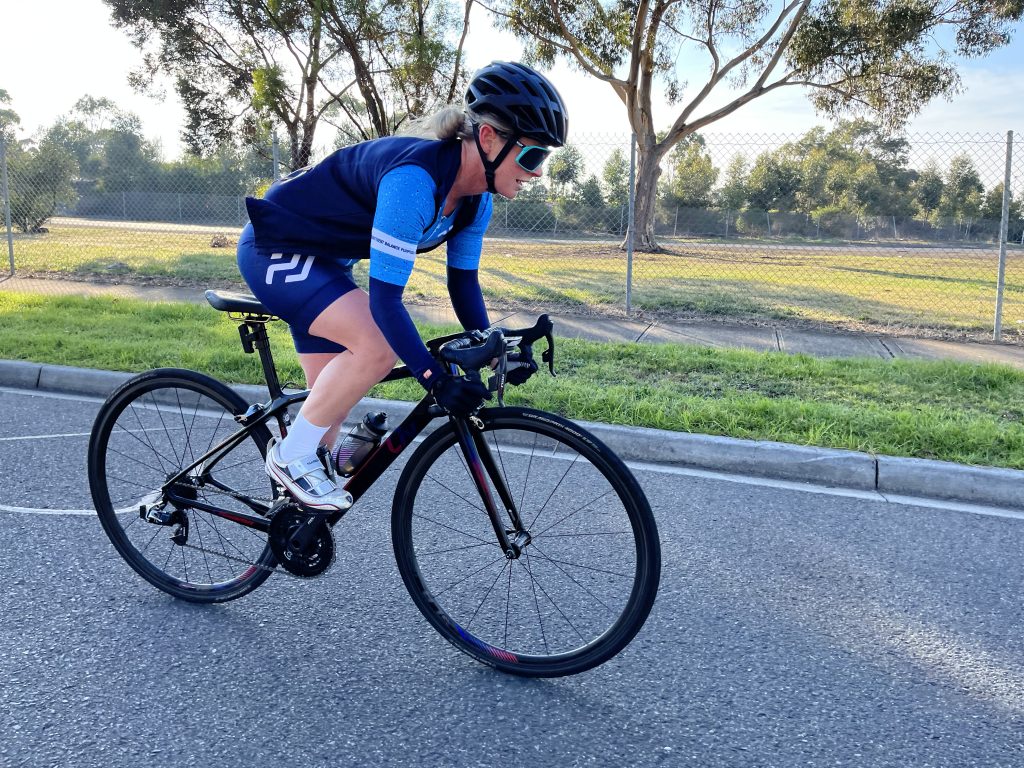
So as you sit and ponder your WHY, here are some action steps on helping you to determine your WHY:
1. The first step is to ask yourself what your ultimate goal is. This could be related to your sport. Ie I want to complete an Ironman, or, I want to qualify for a World Championships, or I want to have a balance in life and training etc….
2. When you determine what this/ these are, the next and most important step is to ask yourself … WHY do I want to do / achieve this?
Now, there are some key things to remember when developing your WHY.
- Your WHY should be powerful: When setbacks or obstacles (such as an injury or a bad race) arise, use your WHY because it is powerful enough to overcome the setback/obstacle.
- Your WHY should be deep: Having a shallow why can be easily broken. (ie I train because I enjoy it) Instead, you should focus on a deeper meaning. (ie I train because it helps my mental health and makes me happier)
- Your WHY should be intrinsic: Don’t base your WHY on extrinsic factors (ie I want to do an Ironman because my best mate is) instead look inside and feel your WHY (I want to do an Ironman because I want to test my own physical capabilities)
Developing a WHY is the best way to ensure you are avoiding setbacks and continually making progress towards your goals. AND the best way to then measure your success – which I will touch on in my next instalment….
So I encourage you firstly to take some time to write down your GOALS AND YOUR WHY. Remember to make them powerful, deep, and intrinsic. And you need to write them down. Not just have them in your head. Find some paper and write (or type) it out and have it where you can see it. In your phone, beside your bed, on the fridge… Somewhere you can visit them regularly. And if your why truly means something to you, then you will find a way to make your goals happen and you will more likely lead to a happier success…..
